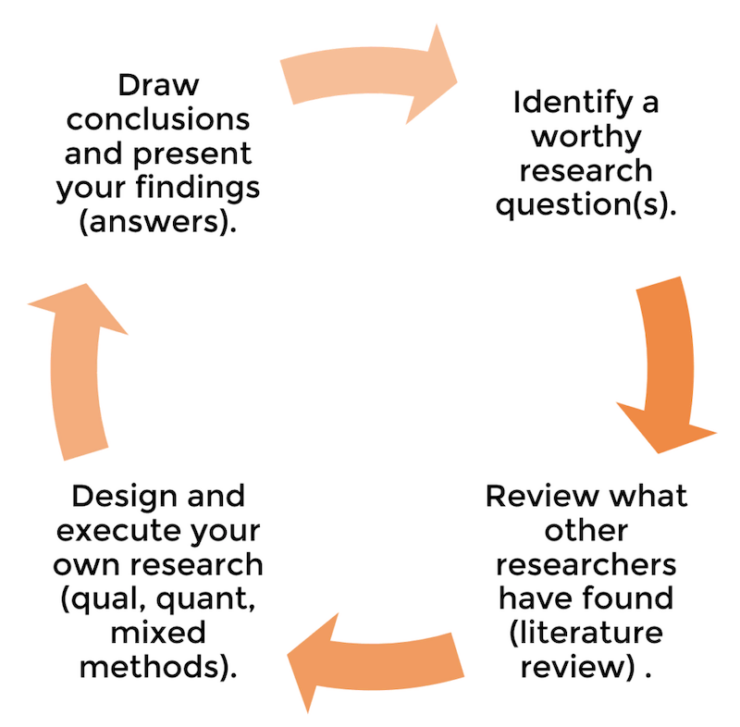Table of Contents
Comprehending two lengthy academic works, namely dissertations and thesis, is crucial. A thesis was an original paper that a master’s degree applicant wrote in Shakespeare’s day to support a particular claim.
A thesis is a shorter-form academic essay or research article produced as a higher degree requirement.
To get a Master’s degree, students must finish and turn in their thesis before the deadline.
A dissertation is a piece of academic writing that requires independent study and might take months or even years to finish. Still, it equips students with the ability to solve problems, manage projects, and use numbers.
In this article, we shall help you decipher the differences between a dissertation and a thesis and provide detailed clarity for your higher studies endeavors.
Understanding A Dissertation

A doctorate dissertation is a unique study that needs more intricacy and originality than a thesis. Students choose a topic and undertake a literature study, much as when writing a master’s thesis.
Dissertation defense is a crucial component of the Ph.D. degree program, where students must defend their conclusions, present their research findings, and get committee members’ input.
Their dissertation will definitely be accepted if their committee approves the progress of their work up until the dissertation defense.
Dissertations vary depending on the university and the doctoral candidate’s department. Here are the different elements that are usually covered in a dissertation:
- Title page.
- Acknowledgments.
- Abstract.
- The contents table.
- Introduction
- Review of the literature and conceptual framework.
- Methodology.
- Findings.
- Discussion of the results (interpretation, analysis, and applications).
- Conclusion.
- List of references.
- Appendices
Understanding A Thesis
A thesis is a piece of academic writing that is finished around the end of a student’s master’s degree program.
It is often a sizable research project that exhibits a student’s capacity for an independent investigation and the ability to communicate their results straightforwardly and understandably.
Students choose a specific area of study for their master’s thesis and thoroughly analyze the literature in that area.
A literature review, methods section, results and analysis, and a conclusion that enumerates the conclusions and their implications should all be included in the thesis.
To ensure that the thesis satisfies all relevant standards, it is crucial to adhere to the instructions supplied by the institution and department.
Given below are some of the common elements in a thesis:
- Title page.
- Abstract (summary) (summary).
- The contents table.
- Table of graphs, maps and other evidence.
- The body, usually broken down into chapters.
- Conclusion/results.
What Is The Difference Between A Dissertation And A Thesis?

Both papers have a bibliography, an appendix, a body with literary analysis, and a conclusion.
However, depending on the sort of study or academic subject, there are variations in the content and structure of the literature review and body part.
Although the body part contains the results and analysis of unique research, the literature review gives context and background information.
Here are the differences between a dissertation and a thesis that you must know—
Primary Difference
The fundamental difference between a dissertation and a thesis lies in its length.
The capstone project for a master’s program is a thesis, whereas the last assignment for a doctoral program is a dissertation.
A dissertation is a more substantial and unique research endeavor that adds new knowledge. In contrast, a thesis is often shorter and concentrates on a single topic or question.
A dissertation is an opportunity to advance your field, whereas a thesis is a collection of studies demonstrating your familiarity with the material you’ve acquired during your graduate career.
Both are crucial steps in an academic study that take a lot of time and effort to complete effectively.
Difference In The Structures

A unique piece of research and critical thought is necessary for a master’s thesis. Students can show that they are experts in a certain field and provide the academic community with fresh perspectives.
Dissertations often take longer and are more in-depth than the thesis since they demand more investigation and analysis.
The thesis aims to demonstrate your capacity for critical analysis of a subject and for in-depth, informed discussion of the data. You are responsible for most of the information in a dissertation.
A doctorate dissertation should be substantially lengthier than a master’s thesis, which should be at least 100 pages long.
These projects take a lot of time and energy to accomplish and frequently entail working with professors or other professionals.
A dissertation is a very complicated piece of writing that calls for the substantial research, in-depth analysis, and unique contributions to the topic of study.
It is a substantial task requiring commitment, effective time management, and great writing abilities.
Location-Wise Differences
Although “dissertation” and “thesis” are sometimes used interchangeably, their definitions differ by nation and academic institution.
In the US, a master’s degree often requires a thesis, but a doctorate in the UK typically calls for a dissertation.
The body of work that concludes an undergraduate or master’s degree in countries with British-based academic systems is referred to as a “dissertation.”
Still, the word “thesis” is used in countries with American-based academic systems.
Whatever phrase is utilized in their particular program or institution should be made clear by the student.
It is vital to utilize the words the university and department use because the structure and specifications for dissertations and theses differ throughout academic fields and institutions.
How Are A Dissertation And Thesis Similar?

Both thesis and dissertations entail extensive study and the writing of a long paper.
The committee serves as the student’s main point of contact and is directly responsible for determining the focus of the student’s research, academic arguments, and writing.
Both degree programs need a thesis or dissertation, usually considered a capstone assignment.
These projects are lengthy academic writing assignments that cover a subject in great detail.
Choosing a committee chair who is informed and skilled in their area of study is crucial. For both sorts of research assignments, strong academic writing abilities are essential.
Dissertation Or Thesis – What’s Tougher?
It’s crucial to consider your skills and shortcomings while determining what research project to pursue.
Depending on the course’s level and topic, the difficulty might change. Estimating the time and resources needed is crucial as asking instructors or academic counselors for advice.
Both thesis and dissertations can be difficult, but don’t let the idea of needing to create a larger amount of work discourage you.
If you have done your research right, you can take help from a writing service to put your work into words. You can go to Ivory Research to find more information on such service providers.
It can also be less intimidating and more doable if the job is divided into smaller, more manageable pieces.
Being organized, concentrated, and receptive to input from your boss and peers are essential for success.

